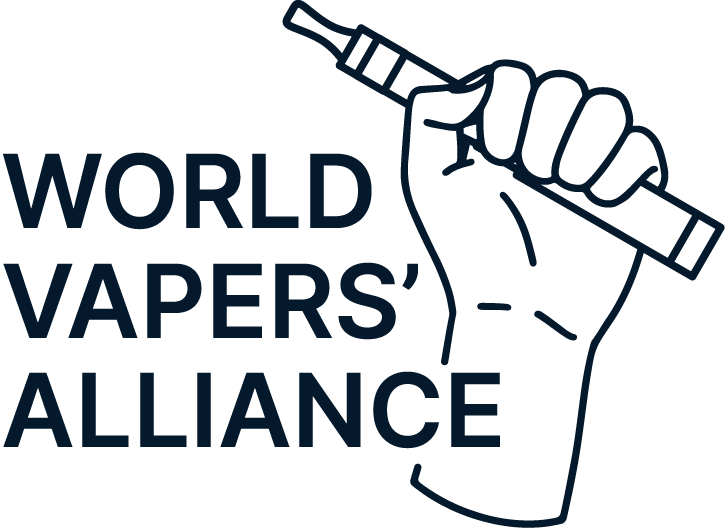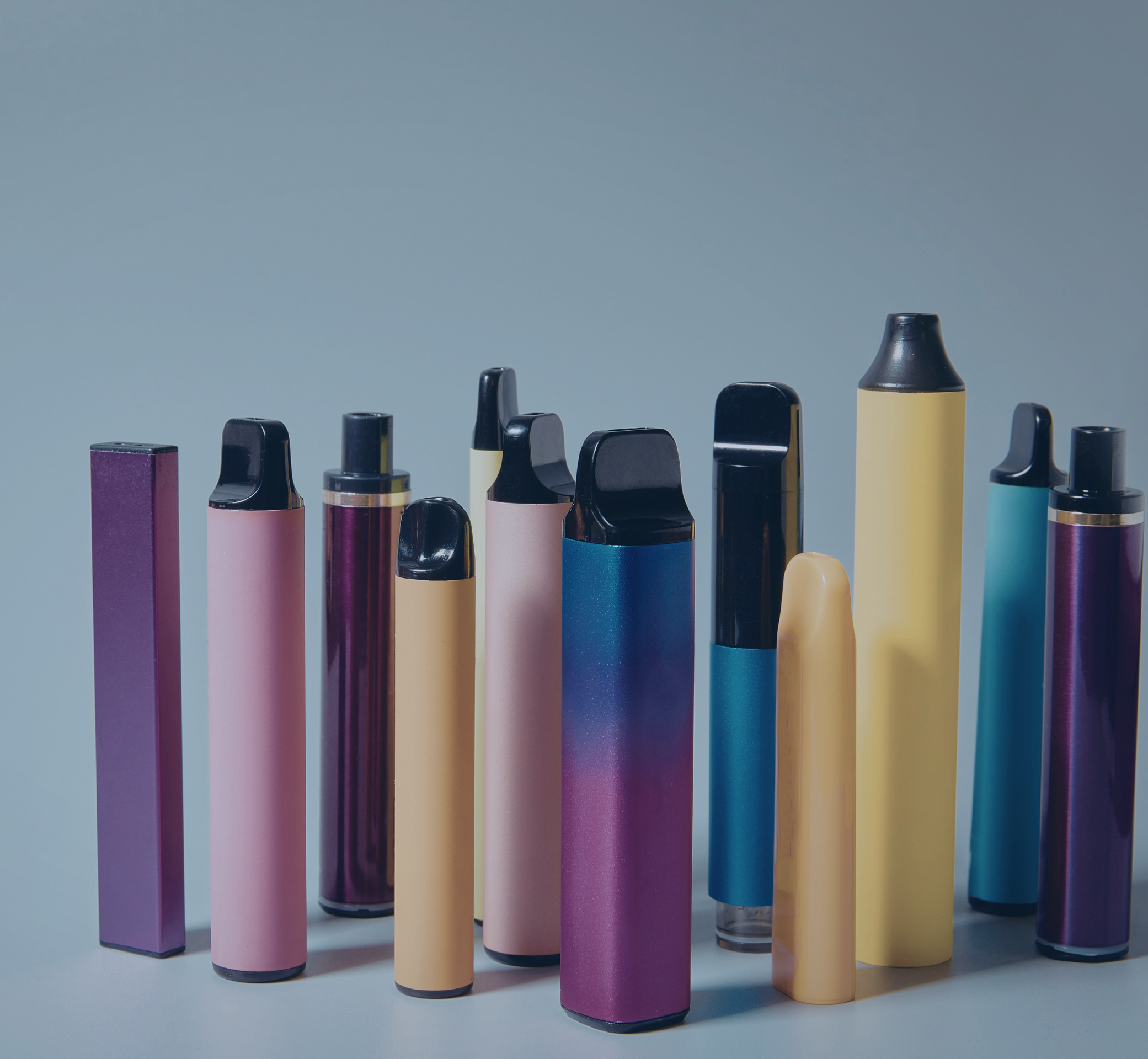Mentre in tutto il mondo continuano a spuntare divieti sulle sigarette elettroniche monouso, in nome della riduzione dello svapo tra gli adolescenti, gli esperti spiegano perché questi non contribuiranno molto al raggiungimento dell'obiettivo prefissato.
Le sigarette elettroniche usa e getta stanno affrontando aumento dei divieti A causa delle preoccupazioni relative all'uso di sigarette elettroniche da parte dei giovani e al loro impatto ambientale, diversi paesi hanno recentemente introdotto divieti su questi prodotti. Lo scorso marzo, la Nuova Zelanda ha annunciato il divieto di vendita di sigarette elettroniche monouso e ha giustamente inasprito le sanzioni per i rivenditori sorpresi a vendere questi prodotti ai minori. Anche l'Australia ha deciso di contrastare l'aumento dello svapo tra i giovani annunciando il divieto di importazione di sigarette elettroniche monouso, a partire dal 1° gennaio 2024.
In Europa, il primo ministro britannico Rishi Sunak ha fatto lo stessoha annunciato un divieto sulle sigarette elettroniche usa e getta lo scorso gennaio, mentre lo scorso marzo i legislatori francesi hanno raggiunto un accordo che avrebbe vietato i dispositivi entro la fine del 2024. Entrambe le nazioni hanno citato le preoccupazioni relative al crescente utilizzo tra i minori come motivo alla base di tali misure.
La World Vapers' Alliance (WVA) ha recentemente esortato i responsabili politici francesi a riconsiderare la legge recentemente approvata divieto di sigarette elettroniche monouso. In linea con innumerevoli esperti di riduzione del danno da tabacco, il direttore della WVA Michael Landl ha sostenuto che il proibizionismo è inefficace e controproducente per gli obiettivi di salute pubblica. Ha spiegato che vietare i dispositivi non ridurrà la domanda, ma la spingerà invece verso il mercato nero, con conseguenti effetti negativi sulla salute pubblica.
Leggi il testo completo Qui







